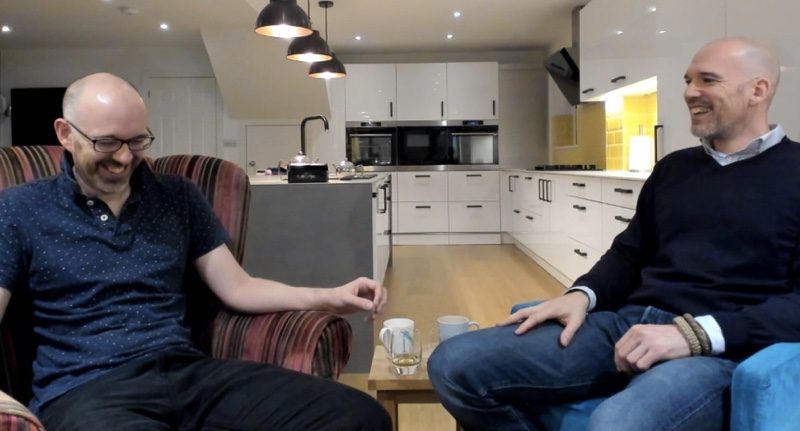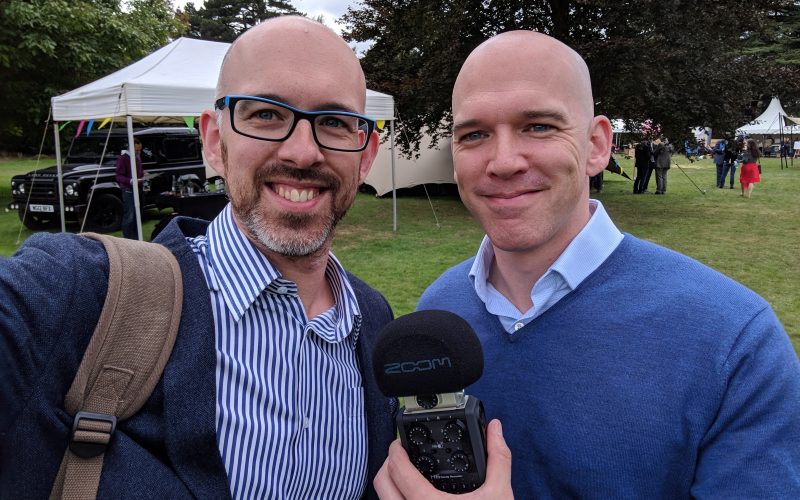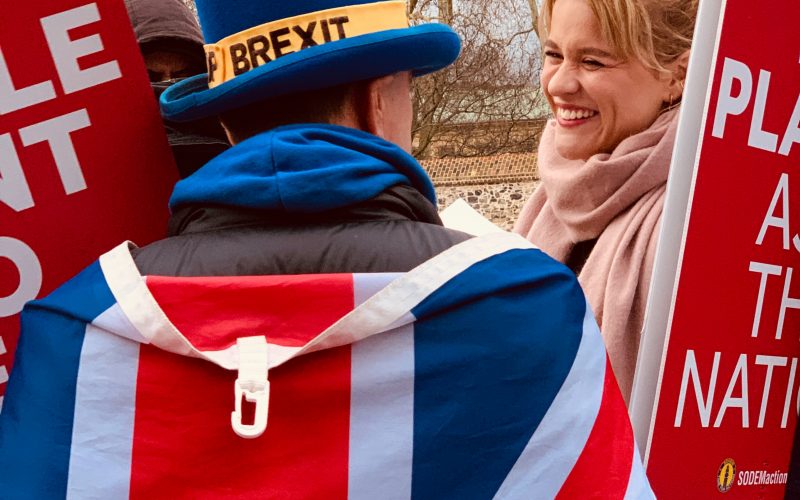In his recent Spectator piece, Stephen Daisley outlines the political conundrum of Brexit well: the voters want Brexit, the executive wants Brexit, but Parliament does not want Brexit.
Now taking face value that the executive does actually want Brexit (Theresa May certainly doesn’t), Daisley explains that with the problem being the make up of the house of commons, that we need a general election to get a new batch of MPs.
But a general election is much like a second referendum, in that it lets MPs off the hook.
Even when given a clear decision on what to do, MPs (and Ministers, and Prime Ministers) can dither, prevaricate, delay and obfuscate until there comes such a time when they say “sorry, this is too difficult, back to you”.
Of course, what this means is that they didn’t like the decision that was handed to them, and they want a new one. Is this how we should let them behave?
MPs have a problem with Leaving. They wouldn’t be calling for a second referendum or a general election had the country voted majority Remain. They like Remaining.
But it’s also more than that. It’s about the fact that these MPs who call for a second referendum are putting their politics first, before democracy.
Yes, we have witnessed a clash of two kinds of democracy – Direct in the form of the referendum, and Representative in the form of our MPs – but after voting for the referendum bill itself, and again in triggering Article 50 of the Treaties, they are choosing to dump the decision made by the people in favour of their own personal views.
There is a dilemma here for MPs – there is no doubt about that. They are elected by their constituents to make decisions, to make law, to scrutinise government, to be in government.
But they are revealing, quite clearly, where they rank the decision made by the majority of the country compared to their own views as elected representatives.
Remain first, democracy second.
Of course, what they are hoping for, by dragging out this process for so long, is to make Parliament and Government look as dysfunctional as possible. They want to be able to say “See, this is too complicated, we need you to have your say again – look how we are mucking this up”.
This may have the effect they desire, with voters becoming ever more frustrated with their politicians, but they are missing the point. Brexit was a vote against the establishment, and the status quo. By making the establishment seem incompetent (revealing that it is?) that sense of disenfranchisement only strengthens.
Populist sentiment will only increase. If Leave isn’t delivered in any kind of meaningful way (like signing a Withdrawal Agreement that is more Remain than Remain) that sentiment will rise again.
Undo the referendum result entirely and stop Brexit and things could get nasty.
If MPs don’t want to implement the decision given to them by a national referendum, then they should resign as MPs.
They should make room for someone in their constituency who is willing to represent that decision and implement it.
There is another way of changing the make up of the House of Commons, and it’s not a general election, it’s a by election. In this case, potentially hundreds of by elections.
The problem, as identified by Daisley, is indeed the logjam of parliament. But a general election just means the same candidates trying to keep their jobs and to convince you of their views, not the other way around.
These MPs say more democracy is the answer, but if they had any sense of democracy whatsoever, they would be resigning in their droves, to make way for representatives that would indeed represent the voters, and who had the guts to implement what they have already decided.
Photo by John Cameron on Unsplash








